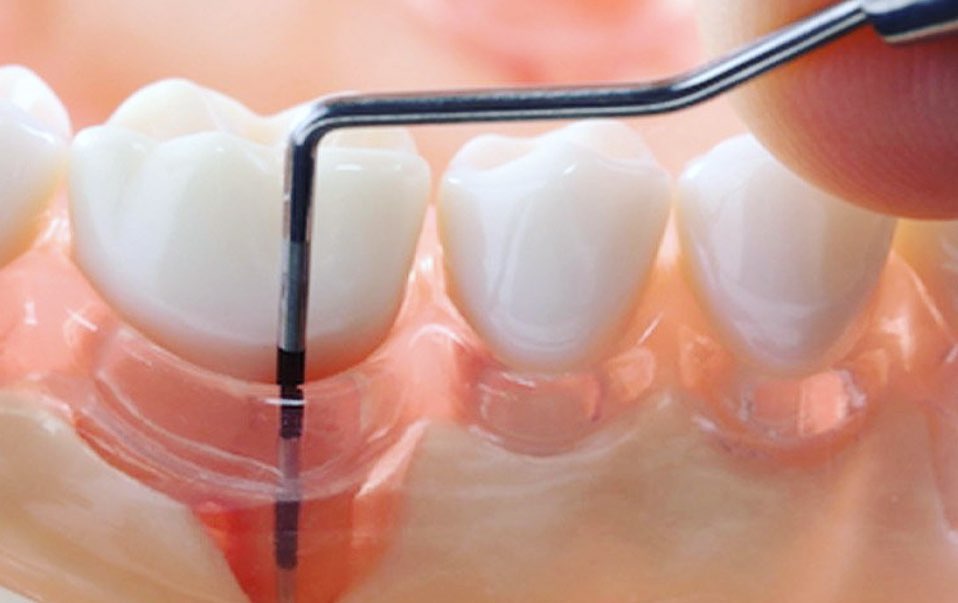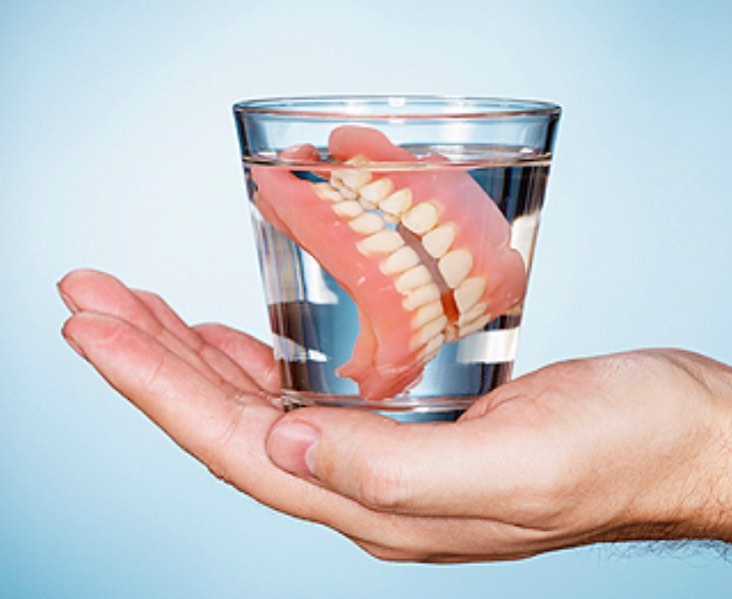Compared to a crown, an onlay is a less aggressive restoration when one can be performed, as less tooth structure needs to be removed in order to place the onlay. The costs are similar, but an onlay is a little cheaper than a crown. As such, an onlay is actually the preferred restoration when possible.
Dr. Banić










